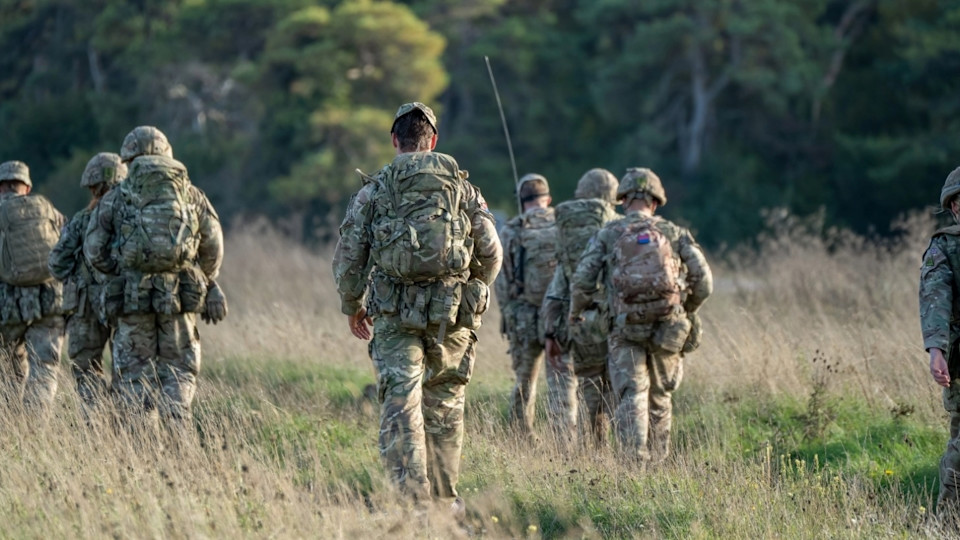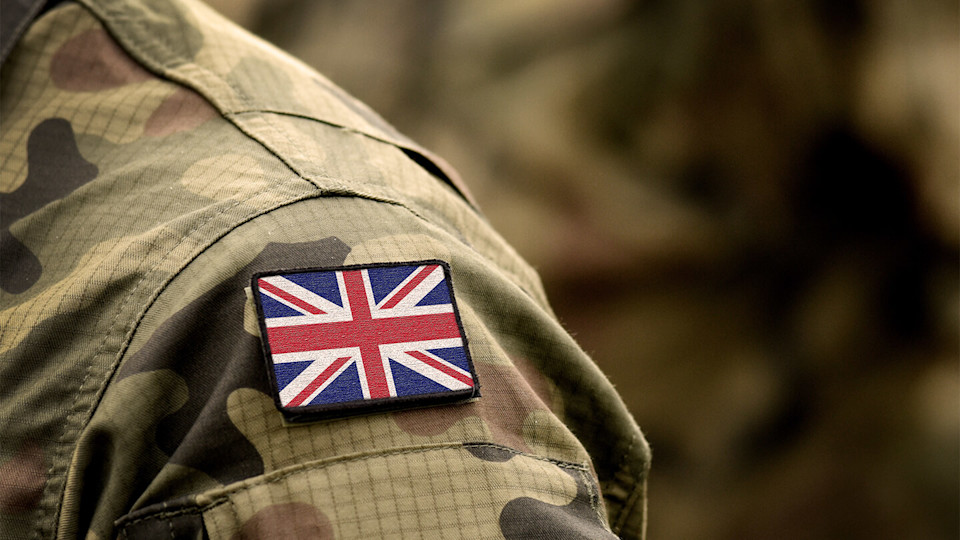
Military
A guide to military hearing loss claims
Navigating a military hearing loss claim can be complex and daunting. Learn more about how claims work and what to expect in our comprehensive guide.
Hearing loss and the military
Losing your hearing is often an incredibly traumatic and life-changing experience, particularly when it occurs because of military service. Not only does it have a huge impact on your day-to-day life, but it can also have severe repercussions for your career.
Hearing loss, or issues such as tinnitus (ringing in the ears), can be caused by exposure to excessive noise. Employers – including the Ministry of Defence (MOD) – have a duty of care to ensure that you are provided with effective hearing protection when you are working in a noisy environment.
When employers fail to meet this duty, or the equipment provided falls below acceptable standards, it can result in significant harm. If you’ve suffered due to hearing loss or tinnitus, you may have the right to claim compensation.
How common is hearing loss in the military?
According to the Veteran’s Hearing Foundation, approximately 300,000 ex-service personnel are currently suffering from hearing loss.
Data published on the Foundation’s website reveals that veterans under the age of 75 are 3.5 times more likely to experience hearing difficulties than their civilian counterparts. What’s more, they report that tinnitus, the most common service-related disability, affects up to 30% of military veterans – twice the rate among the civilian population.
Who is eligible to make a claim for military hearing loss?
Despite the number of veterans who suffer from hearing loss or issues such as tinnitus, the Ministry of Defence has historically opposed many of the claims made.
Last year, however, the MOD announced that thousands more service personnel would be receiving compensation for their injuries, and that anyone discharged after 1987 could be eligible to make a claim.
Anyone who has served or is currently serving in the Armed Forces, including the Army, Navy, Royal Air Force, Special Forces, and the Reserve Forces, could be able to make a claim if they have developed hearing loss or tinnitus due to their service.
What is the process for making a claim for hearing loss due to military service?
There are two ways of making a claim for military hearing loss; through the Armed Forces Compensation Scheme (AFCS) or pursuing a civil claim.
There are different benefits with each avenue. For instance, the Armed Forces Compensation Scheme is a no-fault programme, which means that the success of your case does not depend upon proving that the Ministry of Defence was negligent and thereby ‘at fault’.
To make a successful civil claim, you’ll need to be able to prove that your hearing loss or tinnitus was caused by your military service; that the Ministry of Defence owed you a duty of care as an employee; and that they failed in this duty, which directly resulted in your injuries.
It should be noted, however, that while making a civil claim may appear more arduous on the face of it, they can result in higher levels of compensation. What’s more, your solicitor will be on hand throughout the process to provide legal advice and support and help to gather the evidence necessary to defend your claim.
If you are thinking about making a claim for hearing loss due to military service, it is strongly recommended that you speak to a specialist military injury solicitor first. Solicitors specialising in military compensation claims can provide expert advice tailored to your situation, discussing with you what type of claim may be best for you and how to get started.
What evidence do you need to support a military hearing loss claim?
Regardless of which type of claim you decide to pursue, you will need evidence to support your case. The exact evidence you need may depend upon the circumstances of your accident, but generally speaking, you’ll need:
- Medical records, including any appointments, referrals, tests and a diagnosis
- Service records, such as job description, documented duties, details of training or deployments, and any records of hearing protection usage
- Witness statements, including fellow service personnel
- Photographic or video evidence, such as videos of training exercises or equipment that caused loud noise
How we can help
Slater and Gordon have experts in military claims. For a free consultation call 0330 041 5869 or contact us online and we’ll be happy to help you.
All information was correct at the time of publication.



